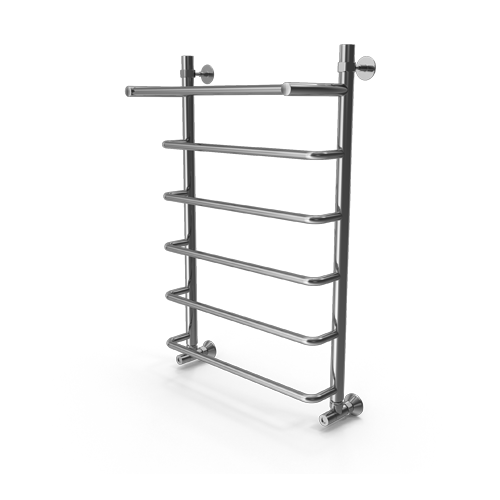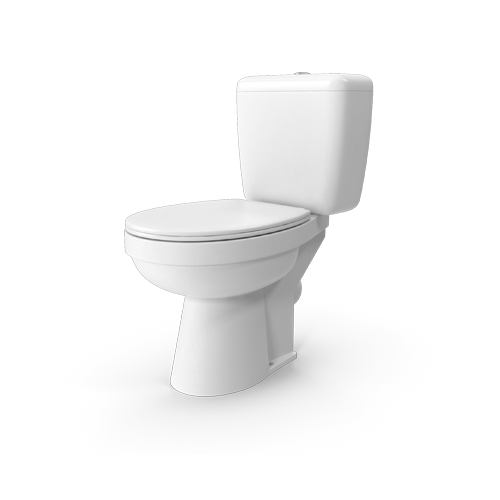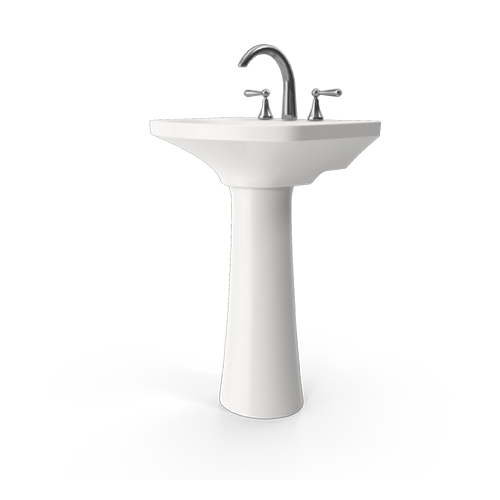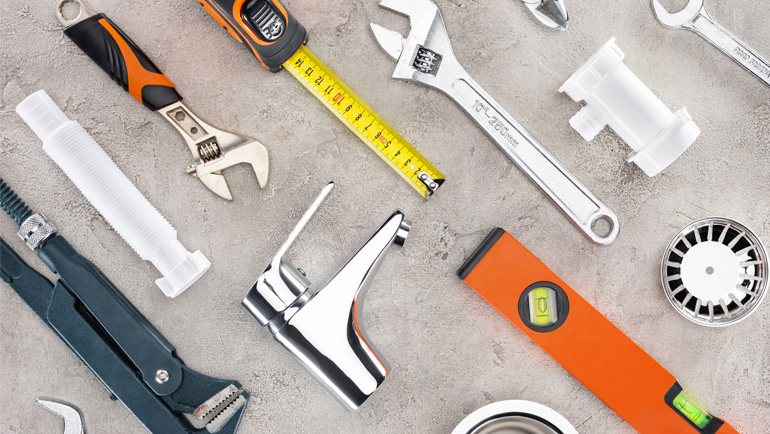Must-Have Plumbing Tools for Beginners
A plumbing career can be very rewarding and exciting. Traveling, installation, repair, maintenance, and waste disposal are just some of the various exploits associated with the trade. To do all of the aforementioned tasks, requires tools.
Let’s unclog this dilemma and look at what a good set of must have plumbing tools for beginners should look like.
Plumbing – The End of Monkey Business
Just for a minute try and think about what your life, and modern life in general, would be like without plumbing… It’s pretty impossible to do. The convenience and health factors are immeasurable, I mean heck, if it was not for plumbing, humans would still be dying from drinking water. And who do we have to thank for keeping water flowing out our taps? Crack a smile for the humble plumber.
Do you want to get started in the plumbing trade? It may be your first job, or you have recently started an apprenticeship. You’ll need to find solutions to a wide range of problems, not to mention the hard physical work you’ll do. However, there are few more rewarding careers. Getting somebody out of trouble is extremely satisfying, while the variety of jobs and people you encounter make no two days the same!
As you gain experience, you’ll likely accumulate a large assortment of plumbing tools and equipment, but in the beginning you should invest in a few essentials. Therefore, we have compiled a list of plumbers’ tools and their uses, to get you started when it comes to tackling those tricky toilet tasks.
Check Out our Essential Plumbing Tools List
The following tools are essential to have in your toolbox whether you’re a professional plumber or a homeowner trying to do some DIY plumbing. There are a number of tools that are essential for most plumbing jobs, while others are required to perform the work perfectly. Plumbing involves a wide variety of tools for cutting, bending, soldering, freezing, and more, so it’s crucial that your plumbing tool kit covers all bases.
- Pipe cutter
- Soldering torch
- Pliers
- Pressure Test Kit
- Pipe freezing kit
- Pipe bender
- U-gauge manometer
As a plumbing tool, this is a must-have item, as you will almost certainly use it every day. You can select from a variety of different pipe cutting tools, including those geared toward slicing through copper as well as those designed to cut plastic. They come in a variety of sizes and shapes, as well, from one-handed models for tight spaces to rubber-handled shears that make precise cuts with a minimum of fuss.
For the proper connection of copper pipes, you’ll need a variety of soldering and brazing tools. Aside from the torch that provides high temperatures for extended periods, the plumbing tool kit will also require a gas cylinder, soldering mat, flux brushes, and flux paste.
Without pliers, wrenches, and spanners, no collection of must-have plumbing tools is complete. An adjustable pair of pliers will allow you to work with fittings of all sizes and shapes, while taking up less space in your tool box. Some sets have specially hardened teeth for especially difficult pipes and nuts, and some are fitted with slip guards to add additional safety.
Pressure test kits are an important part of any plumber’s test and detection equipment for evaluating new and existing pipework. They’re ideal for checking for leaks before you apply water, and they’re safe and easy to use with flexible hoses and rubber boots. A must-have plumbing tool for both apprentices and experienced plumbers alike.
Different freezing tools are available, depending on the extent of your needs. In order to repair pipework without having to drain the system, you can purchase simple freezing spray, which can be applied in only a couple of minutes. As an alternative to a more traditional plumbing tool set, clamp-based machines can be used on pipes of all sizes and materials.
Since jobs are rarely straightforward in this trade, having the right pipe-bending tool is crucial. With this plumbing tool, you can bend copper and stainless-steel pipes of all sizes to 90 degrees. In case you need more stability, it can be done in a vice.
Having high-quality test and detection equipment is crucial for gas pipework safety and accuracy. Gas safety regulations require you to check and test domestic and commercial appliances using a U-gauge manometer, as well as other items such as hose and leak detection fluid that can help you ensure your work is as safe as possible.
Making a list of the plumbing tools you need is essential for you as a beginner and will help you do your daily tasks more efficiently.
What Else Would a Plumber Need?
Why shouldn’t you play poker with a plumber? Well, we all know that a good flush beats a full house everytime! We also know that there are few things as unprofessional as arriving to do a job, and then not having the right tool to get the job done – the American presidency is a perfect example! Here are a few serious tools that work, and that should always be in your toolbox.
- Tape measure – Every plumber should have a tape measure, a simple and indispensable tool. It’s used to measure various plumbing dimensions.
- Adjustable wrenches – We reviewed what to look for in a wrench and this includes: the size of the jaw head, shape, purpose and handle size. Among your plumbing tools, they are crucial to hold, turn, remove or even fit pipes and fixtures.
- Screwdrivers – Your plumbing tool list should also include screwdrivers. There are various types of screwdrivers. In addition to bolts and nuts, they can also unscrew and screw a wide variety of connections.
- Protective gear includes gloves, goggles, and ear plugs. As a plumber, you’ll be expected to work in different settings and with the right protective gear, you can reduce your risk of injury.
- Teflon tape is used on faucets, pipes, as well as other parts of the plumbing system to ensure tight connections and leak-free plumbing.
- A hacksaw and a handsaw are essential plumbing tools. They’re used to cut plastic and wood.
Now that we have gone through just a few of the basics that will get you started, let’s look at a few other handy tools and accessories that will help you do a bang-up, professional job. Yes, a plumber’s tool box is as big as the list of jokes about plumbers, or the bill that you get when you need one on a Sunday.
So besides what you have already packed, make sure you don’t forget these:
- Flashlights, both big and small.
- Shovels of different lengths.
- A pair of vise grip pliers.
- The sledgehammer.
- Flat and round files.
- A claw hammer and a ball-peen hammer.
- Caulking gun and needle-nose pliers.
- Trowel
If you think that you are now ready to go out and face the sh*t, think again. The one thing that you can be sure of, is that you can be sure to expect some kind of surprise wherever your next job will be. This is where following the Scout’s motto, ‘Be Prepared’, should become your daily mantra. You may want to get:
- A hosepipe
- A set of basin spanners
- Steps and ladders.
- Lighting kit
- Sink tap spanner
Must Have Plumbing Tools
We spend about three years of our lives on the loo and without plumbing our lives would smell a lot worse than they do. But did you know that Queen Elizabeth the 1st also enjoyed the convenience of a flushing toilet? It’s likely that the name, “The John”, comes from her godson, Sir John Harington, who built one for her in 1596. Plumbing is a well-paying career and if you are looking at a trade, you can’t miss—provided you have all the must-have plumbing tools.



